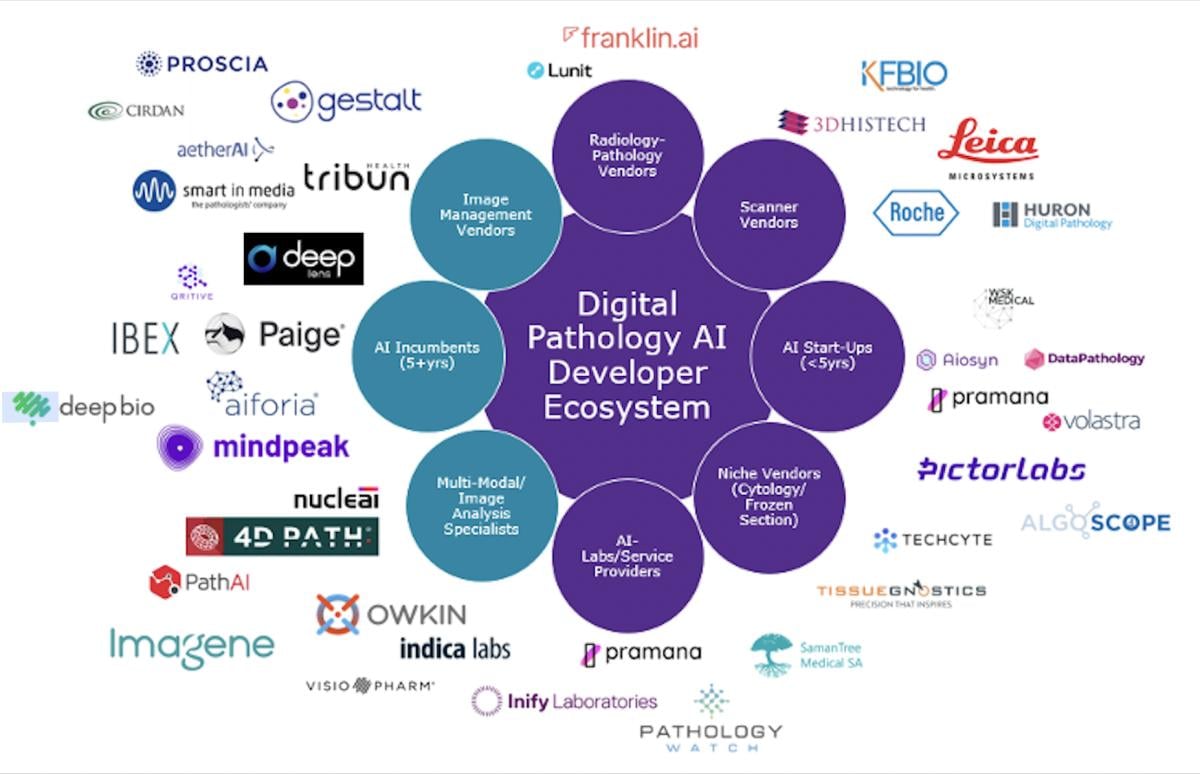
Navigating the Frontiers of AI: India’s Safe and Trustworthy Journey
The Indian government has embarked on a significant initiative to ensure the advancement of safe and responsible Artificial Intelligence (AI) through the IndiaAI Mission. Announced on October 16, the program has selected eight proposals from over 2,000 submissions aiming to create frameworks that encourage transparency and mitigate risks associated with AI technologies.
Innovative AI solutions from India’s leading educational institutions.
Overview of the Selected Projects
The eight proposals chosen represent a cross-section of educational and research institutes across India, demonstrating a robust commitment to responsible AI development:
| Organisation | Project Details |
|---|---|
| Indian Institute of Technology, Jodhpur | Machine Unlearning in Generative Foundation Models |
| Indian Institute of Technology, Roorkee | Design and Development of Method for Generating Synthetic Data for Mitigating Bias in Datasets; and Framework for Mitigating Bias in Machine Learning Pipeline for Responsible AI |
| National Institute of Technology Raipur | Development of Responsible Artificial Intelligence for Bias Mitigation in Health Care Systems |
| Defence Institute of Advanced Technology (DIAT), Pune in partnership with Mindgraph Technology Pvt. Ltd. | Enabling Explainable and Privacy Preserving AI for Security |
| Indian Institute of Technology, Delhi in partnership with Indian Institute of Technology, Dharwad, Indraprastha Institute of Information Technology, Delhi and Telecommunication Engineering Center (TEC) | Robust Privacy-Preserving Machine Learning Models |
| Indraprastha Institute of Information Technology, Delhi in partnership with Telecommunication Engineering Center (TEC) | Nishpaksh: Tools for assessing fairness of AI model |
| Civic Data Labs | ParakhAI – An open-source framework and toolkit for Participatory Algorithmic Auditing |
| Amrita Vishwa Vidyapeetham in partnership with Telecommunication Engineering Center (TEC) | Track-LLM, Transparency, Risk Assessment, Context & Knowledge for Large Language Models |
These projects span a wide spectrum of focus areas, from mitigating bias in healthcare to enhancing the explainability and security of AI systems. The Ministry of Electronics and Information Technology (MeitY) aims to implement frameworks that prioritize safety and trust in AI.
A Strategic Vision for AI in India
The IndiaAI Mission is not merely a governmental initiative; it is an ambitious framework that envisions the comprehensive integration of AI across various sectors. The mission’s initial funding allocation totals ₹10,371.92 Crores and spans multiple components designed to stimulate AI research, infrastructure, and education.
One of the core elements is the focus on procuring 10,000 GPUs to facilitate AI startups and researchers, as well as establishing an AI marketplace for services and pre-trained models. This holistic approach seeks to create a self-sustaining ecosystem that thrives on innovation and ethical standards.
 Building a sustainable AI ecosystem in India.
Building a sustainable AI ecosystem in India.
Challenges Ahead: The Need for Responsible AI
As advancements in AI technologies grow, so do the associated risks. Recent critical assessments of Large Language Models (LLMs) highlight vulnerabilities that could have profound implications for data privacy, misinformation, and ethical standards in AI. The OWASP Foundation has released a list outlining these vulnerabilities, indicating the need for a rigorous approach to AI safety and governance.
This growing concern aligns closely with the goals of the selected projects within the IndiaAI Mission. By ensuring responsible AI practices, developers can address potential pitfalls, such as data bias, security risks, and the ethical implications of automated decision-making.
In this context, the proposal from the Indian Institute of Technology, Roorkee, aimed at generating synthetic data to mitigate bias, stands out as a pivotal development. Employing robust frameworks in machine learning can help prevent unintended discrimination and enhance the overall integrity of AI systems.
Insights from Global AI Developments
Globally, experts continue to stress the importance of addressing the ethical dimensions of AI. Noteworthy initiatives from places like the Berryville Institute of Machine Learning (BIML) showcase effective strategies for evaluating and improving AI models. Their focus on identifying and mitigating risks in generative models serves as a valuable reference for India’s evolving AI frameworks.
As AI technologies become increasingly integrated into our daily lives, it is essential for developers and researchers to adopt proactive approaches to safety. The journey to harnessing the full potential of AI without compromising on ethical standards requires collaboration between developers, academia, and policymakers.
Conclusion: A Commitment to Responsible Innovation
The IndiaAI Mission represents a forward-thinking response to the challenges posed by the rapid advancement of AI technologies. By selecting these innovative projects, India is planting the seeds for an AI-driven future that champions integrity and accountability. As stakeholders across sectors engage in this dialogue, the potential for creating frameworks that balance technological growth with ethical considerations becomes not just a vision, but an imperative.
Continuing this momentum will be crucial. The landscape of AI in India will not only define the country’s technological prospects but also set a global benchmark for responsible innovation in the coming years.
Through initiatives like these, India’s commitment to safe and trusted AI is clear: it is not only about leading in technology but doing so through principles that empower, protect, and uplift society as a whole.
Related Insights
- IndiaAI Mission To Open GPU Procurement For Small Companies
- Need for immediate distribution of compute power: Key points from Global India AI summit
- India Proposes AI Safety Institute as a Hub for Standards, Not to Regulate Industry
A comprehensive approach to harnessing AI innovations ensures that technology evolves in tandem with ethical imperatives.














